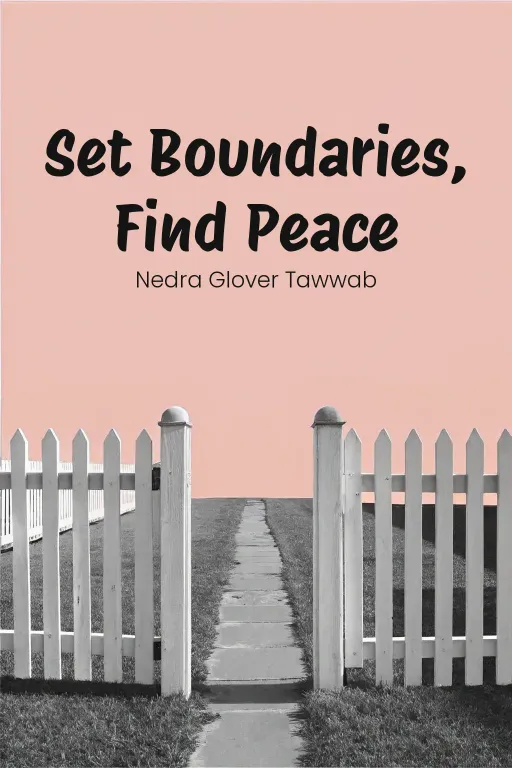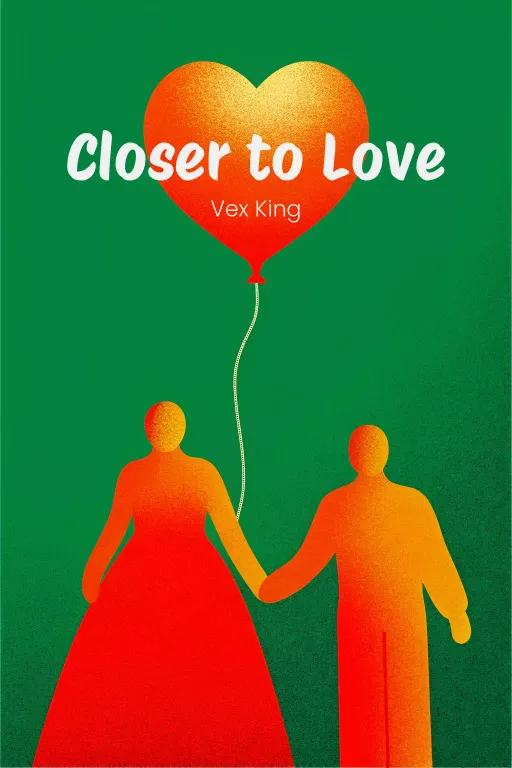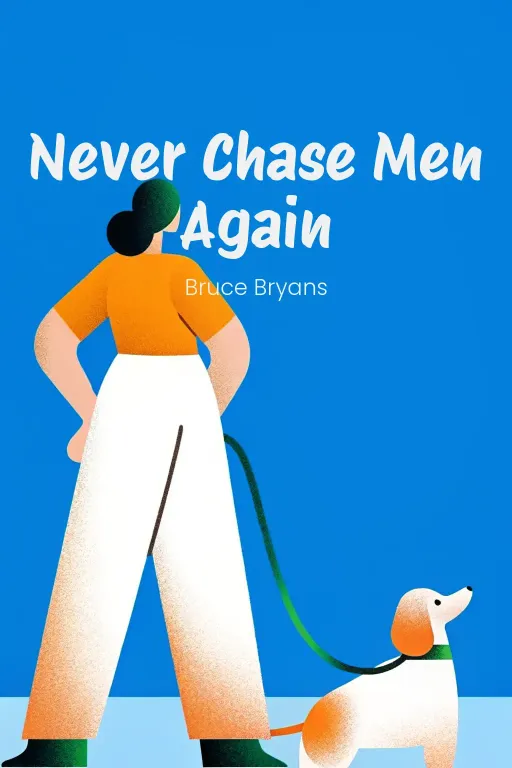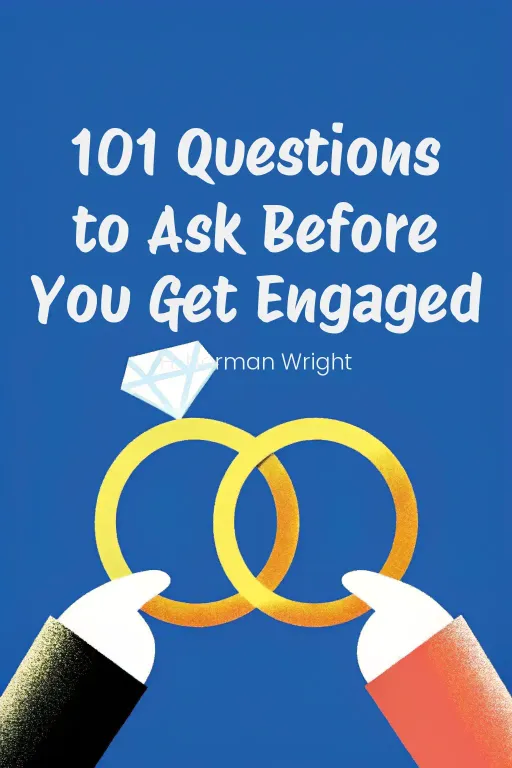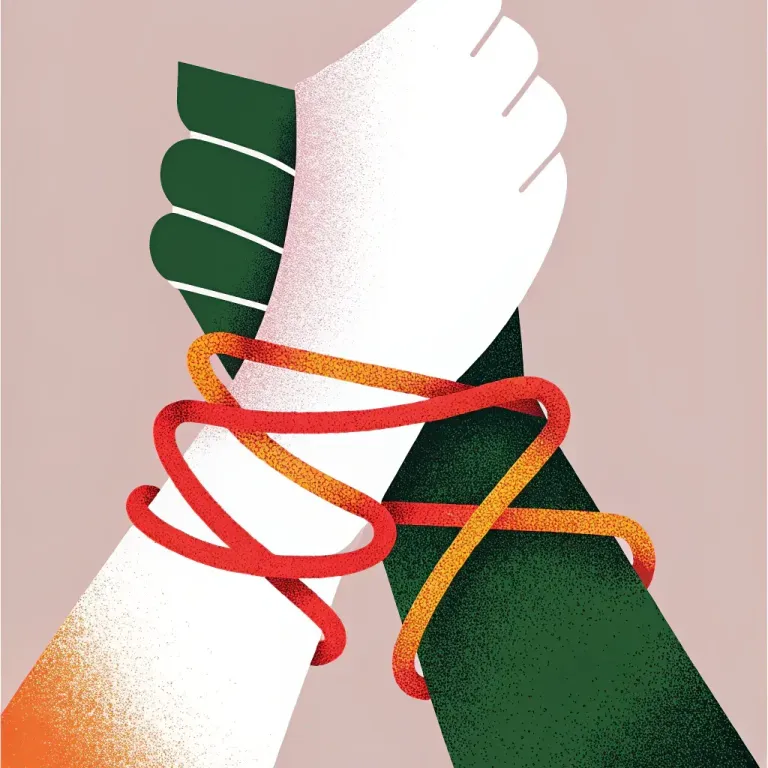
Love Starts Within: Build Stronger Bonds
Podcast by Beta You with Alex and Michelle
How to Attract the Right Relationships and Deepen Your Connections
Introduction
Part 1
Alex: Hey everyone, welcome back to the show! Today, we're tackling a topic that's both classic and kind of a game-changer: how self-love and really working on your emotional health can totally transform not only how you grow as a person, but also how you approach all your relationships. Michelle: Hold on a sec, are you telling me that all I need to do to fix my love life is just stand in front of a mirror and repeat some positive affirmations? Sounds almost too easy – I’m in! Alex: <Laughs> not exactly, Michelle. It's less about staring at your reflection and more about, you know, truly looking inward. The book we're discussing today basically says that truly fulfilling relationships start with a deep understanding of yourself—your patterns, your past hurts, even those little emotional triggers that set you off. And it emphasizes seeing love as something you do, not just a warm, fuzzy feeling. Michelle: Right, love as an action. Is that, like, doing the dishes without being asked? Because, honestly, I'm not sure that's even in my love language. Alex: Kind of, but deeper. It really means understanding that love grows from a solid base of healthy habits and self-understanding, not just waiting for some magical “perfect person” to appear. The book combines psychological insights with practical advice to help us approach our relationships with respect, trust, and a conscious effort. Michelle: Okay, you've got my attention. So, what exactly are we digging into today? Alex: We're going to focus on three key takeaways: First, how self-awareness—really knowing who you are—changes everything about how you connect with other people. Second, the incredible power of vulnerability to build deeper trust and intimacy, even though, yeah, it can be scary. And third, the everyday habits that keep love alive, like really listening to each other and those small daily actions. Michelle: So, relationships are basically a construction project: self-awareness is the foundation, vulnerability builds the walls, and mindful communication is the roof that keeps everything dry. Got it. Alex: Precisely! So, whether you’re trying to fix some cracks in your current relationship or building something completely new and strong, this episode’s got the tools you need. Let’s jump in and explore what it truly means to love—and be loved.
Self-love as the foundation of meaningful relationships
Part 2
Alex: Okay, so let's pick up where we left off - self-love as the foundation for meaningful relationships. The book really emphasizes that cultivating self-love isn’t just some cliché; it's an actual skill you develop. The author frames it as this necessary inner work that allows us to be fully present in our relationships. Michelle: "Necessary inner work," huh? Isn’t "self-love" becoming a bit of an overused buzzword these days? I mean, what does it even look like beyond bubble baths and the occasional yoga retreat? Alex: That’s a great question. The book actually addresses that directly. Self-love is way more than just pampering yourself. It’s about truly knowing and accepting every part of who you are—your strengths, your flaws, even your emotional baggage. One of the most impactful examples in the book is the author’s own story. After a really difficult heartbreak, they decided not to jump into another relationship but to really confront their pain head-on, using tools like journaling and mindfulness. Michelle: So, instead of the classic rebound, they chose to do a deep dive into themselves. Bold move, I’ll give them that. But honestly, doesn't that sound like something that's easier said than done? Like, how do you even start "confronting your pain"? Feels like opening Pandora's box, doesn't it? Alex: It can definitely feel like that at first. The author suggests starting small, you know, with tools like journaling to track your emotions and identify patterns. It's not about fixing every tiny thing at once, but more about noticing common themes—like why you react a certain way to rejection or why certain situations tend to trigger anxiety. Michelle: Ah, self-awareness. The classic peeling-back-the-layers exercise, right? So, basically, a personal inventory? Things like “Why I cried during that rom-com” and “Why my dating history reads like a reality TV show plot”? Alex: Pretty much! But honestly, that kind of self-awareness is vital for stopping us from repeating patterns. Take Leah’s story, for example. She had this habit of clinging to her partners because of a deep-seated fear of abandonment she developed in childhood. Once she started nurturing self-love—really learning to feel secure within herself—her relationships improved dramatically. Michelle: Let me guess, she stopped trying to turn her partners into human security blankets? Alex: Exactly! Instead of placing that burden on her relationships, she created a stronger foundation within herself. What’s interesting is that this wasn’t just some “selfish self-focus,” as some might think. It actually made her a more generous, empathetic partner because she wasn’t projecting all her insecurities onto them anymore. Michelle: Okay, I'll admit, that part's interesting—this shift in focus from dependence to independence, but still maintaining connection. It's like, by rooting out her fear, she created space for her relationships to breathe a little, yeah? Alex: That's one of the book’s main points! Self-love isn't just about making yourself feel good, but also about creating healthier dynamics, fostering healthier and more fulfilling relationships. Michelle: But Alex, here's my skeptic flag waving—what if all of this just feels totally overwhelming? Some people have years and years of unresolved issues. Where do they even begin when they're trying to navigate such murky emotional waters? Alex: Well, that's where the book's practical strategies come in really handy. For example, journaling, as I mentioned. The author describes it as sitting down every day to reflect on emotional triggers, frustrations, and even moments of gratitude. Let's say someone writes, "I felt scared today when my partner didn't text back right away." By putting it on paper, you begin to identify the fears—and trace the roots behind them. Michelle: Kind of like following the breadcrumbs back to their source, yeah? And I assume the overall goal isn’t just intense naval-gazing, but actually deciding what to do after realizing these repeated patterns, huh? Alex: Exactly. Another tool the book talks about is mindfulness. Imagine this: you're feeling incredibly anxious about something—an argument with a partner, maybe. Instead of spiraling, you ground yourself by focusing on your breath or the feeling of the chair beneath you. This separates your emotions from your identity. Michelle: So, the brain shifts from being a fireworks show to a manageable glow stick? Alex: That’s one way that you could see it! Mindfulness doesn’t erase difficult emotions, but it does help stop them from taking over your whole perspective. The author describes it as observing your feelings with curiosity instead of judgment, which builds emotional resilience, and that’s essential for relating to yourself and others with compassion. Michelle: And what about self-inquiry? I’ve heard the phrase and folks toss it around here and there, but I’ve never really understood how it's supposed to work in practice. Alex: Well, it's a really intentional way of questioning your beliefs and assumptions. The book has prompts like, "What fears are holding me back from being vulnerable?" or "What do I truly value about myself?" By reflecting on these prompts and journaling your responses, you start unpacking your emotional baggage and rethinking your old habits. Michelle: So this isn’t just casual chit-chat with yourself—it’s actually serious detective work, complete with a notepad and pen! Alex: Exactly! And honestly, the results can be transformative. There's another really compelling theme in the book - the idea that self-love isn’t just for your benefit, but for the benefit of everyone around you. When you approach the world from this place of wholeness, you bring such more authenticity and more patience to your relationships, yeah? Michelle: I see what you're driving at here. It's almost paradoxical: the better you become at focusing on yourself, the better your relationships become, too—because you aren't seeking them to fix you or fill some void. Alex: Exactly. It allows love to flow outward in a healthier, more balanced way. And when we come back, we can talk about how this self-love work transitions into the reality of our actual relationships.
Conclusion
Part 3
Alex: So, to bring it all together, we’ve really dug into how self-love is this fundamental base for any real, solid relationship. I mean, the core idea is pretty straightforward, right? Before you can truly click with anyone else, you've got to get yourself – understand, accept, flaws and all. That means building that self-awareness, being brave enough to be vulnerable, and actively working on the emotional stuff we all carry around. Michelle: Right, so it's not just face masks and motivational quotes, is it? It's about doing the heavy lifting. Peeling back the layers, figuring out why we tick the way we do, which is the tough part, and then making actual changes that stick. And, you know, this inward journey doesn't just help us as individuals. It totally reshapes how we interact with everyone in our lives, making those connections way healthier and more satisfying. How many times have we seen people jump into relationships thinking the other person will fix them? Alex: Totally. And the key takeaway here? Love isn’t about finding someone to complete you, the missing piece. It’s about showing up as the full, real, imperfect person you already are, and then, yeah, doing that daily work to foster real connection, build trust, and grow together. It's a constant process, you know? Michelle: So, here's a little homework for everyone listening: Take a moment. Just ask yourself, what’s one concrete thing you could start doing today to get a little deeper understanding of yourself? And then, how might that actually change the way you approach love, whether it's romantic love, family, friends, all of it, starting tomorrow? Alex: That's a powerful question to really sit with. Alright, I think that wraps up our episode for today. Until next time, remember, the most important, the best relationship you’ll ever have “really” does start with you.




